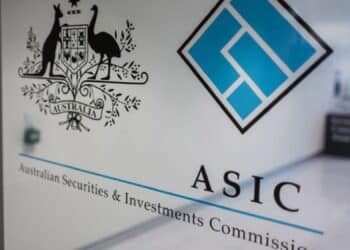The Advisers Association (TAA) has urged for a higher education bar to be set for non-relevant financial advice providers.
TAA announced that a higher education bar needed to be implemented, as general advice remained in play under the Quality of Advice Review (QOA) and non-relevant providers were likely to be authorised in the provision of ‘simple’ advice.
Neil Macdonald, TAA chief executive, released a statement on Wednesday which pushed for greater upgrades in financial education requirements.
“The current minimum requirement for people giving general advice is RG146,” he commented, describing it as “an accreditation for its time”.
The CEO noted that financial advice would transition into “a new era” following QOA which would reflect “growing consumer needs and greater consumer expectations.”
Macdonald added: “To meet these needs and expectations, we believe RG146 should be upgraded with AQF7 or AQF8 level assessed topics.”
If individual non-relevant providers were left with the liberty to choose what level of training is necessary for their employees, this would “likely result in inconsistent outcomes for consumers, as people won’t know what they don’t know.”
“We therefore think providers across the industry could agree on a common requirement, such as an upgraded RG146, for people giving ‘general advice’, and for the staff of ‘non-relevant providers’ providing ‘good advice’,” he said.
“This would result in minimum consistent standards being applied across the industry, which should have the flow-on effect of improving consumer confidence.”
Implementing an upgraded common standard would ensure uniform training across all types of advice and would enable trustees to remain confident in their employees’ capabilities.
Moreover, Macdonald suggested that upgraded standards would encourage a pipeline of new, fully-qualified advisers into the industry.
“Importantly, it would also increase consumer protection, as consumers would be more likely to consistently receive good advice and be better serviced than they currently are.”





